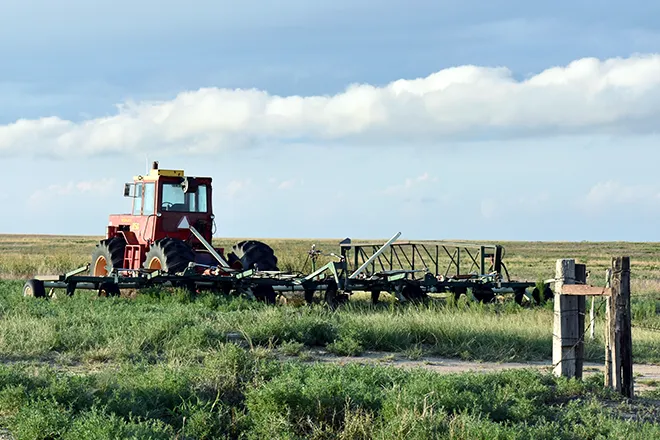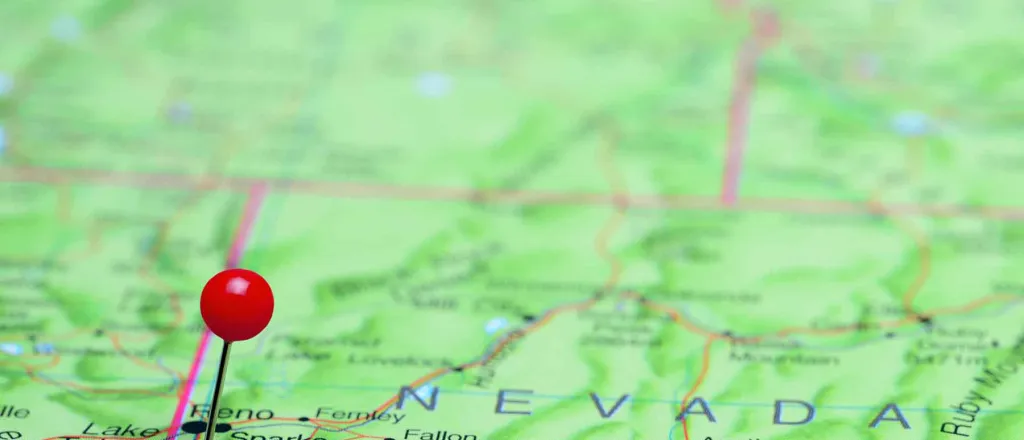
Nevada's public lands to benefit from BLM's new rules
Click play to listen to this article.
(Nevada News Service) The Bureau of Land Management recently released two rules that alter how the agency manages its 245 million acres of public lands, 48 million of which are found in Nevada.
The BLM's new Public Lands Rule will put conservation on par with other multiple uses, and the agency's Fluid Mineral Leases and Leasing Process Rule revises outdated fiscal terms for oil and gas leasing operations.
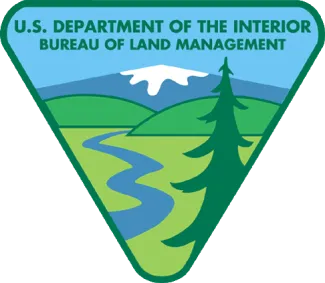
Nevada is home to four national parks which bring the state more than $280 million in economic benefit from tourism, according to the National Park Service.
The National Parks Conservation Association's Senior Program Manager of Energy and Landscape Conservation - Beau Kiklis - contended national parks are not just what he called "islands of conservation," but components of a much larger connected landscape.
"In Nevada, in particular Southern Nevada," said Kiklis, "where we do have an abundance of BLM land, there is also an abundance of national park sites in the southern part of the state, going up all the way until Death Valley. "
Kiklis said the new rule will introduce a more responsible approach to where and how the BLM authorizes oil and gas leasing as they'll be taking a closer look at "leasing preference criteria."
Kiklis said that means the agency will be assessing whether there are historic properties, sacred sites and cultural resources that are within a proposed lease area.
If there are, he said the agency will look to other areas where operators already are.
Matthew Kirby, senior director of energy and landscape conservation with the NPCA, argued the two rules will bring what he called a "semblance of balance back to public lands," and will allow the BLM to fulfill its obligation to manage those lands with a multiple use approach in mind.
He added that the oil and gas program was an example of how unbalanced management had been until now.
"Industry was allowed to lock up land for less than a price of a cup of coffee," said Kirby. "They could speculate, they could develop, all at the expense of the taxpayer and the public that was no longer actually able to use that land, to recreate on that land. But thanks to this new rule, we are really on the path to fix that broken system."
Kirby said the oil and gas rule will enshrine what he calls "critical updates," that were a part of the Inflation Reduction Act - and includes increases on the royalties and rental rates and terms for leasing the development of public lands.

